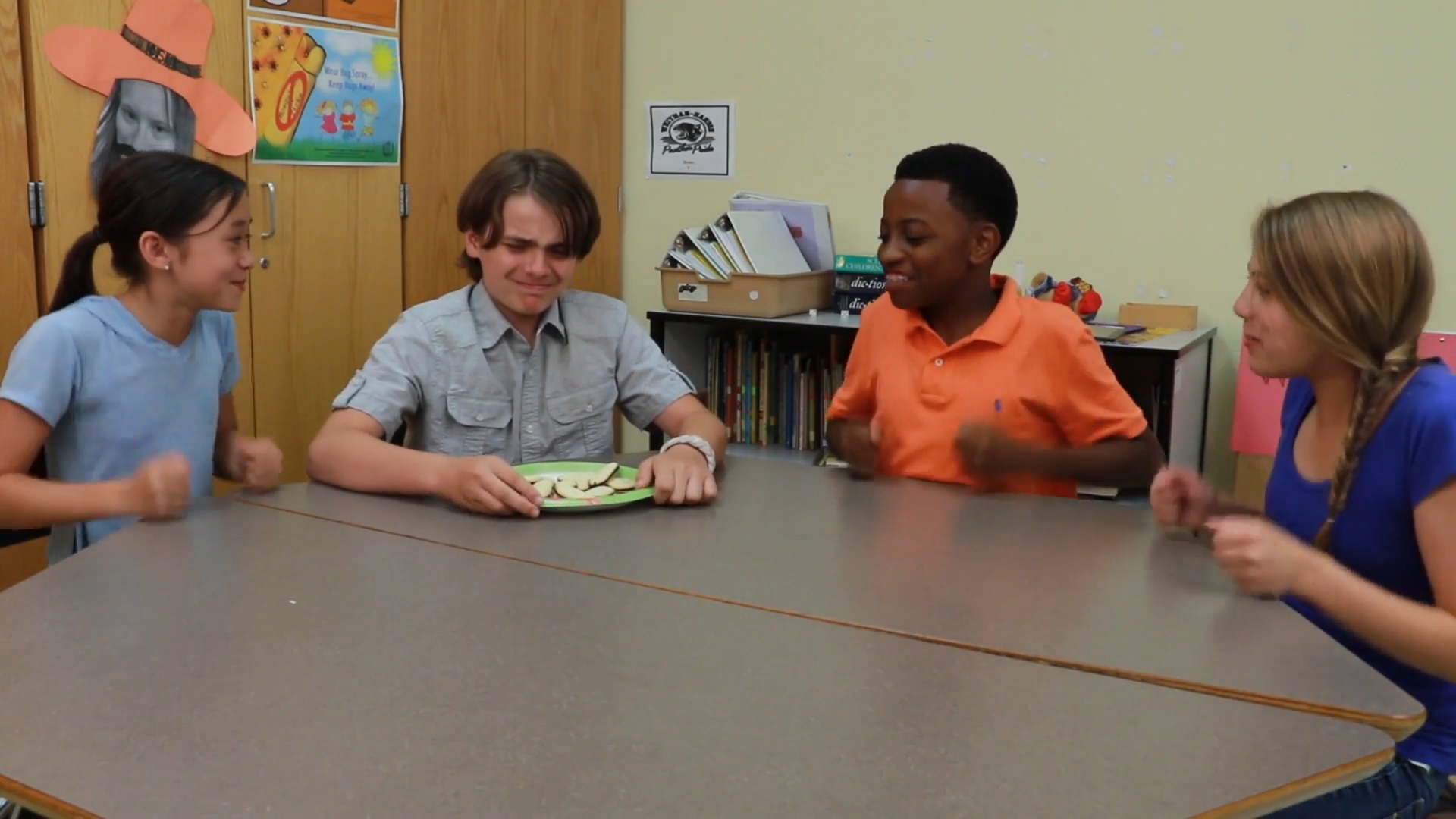
Introduction
Peer pressure is a common issue that children face, especially in elementary school. It can be challenging for kids to say no to group pressure, as they often want to fit in with their friends. In this blog post, we will discuss a no-prep activity to help students understand the importance of making their own decisions, as well as some discussion questions and related skills. By teaching kids to handle peer pressure and make their own decisions, we can empower them to build healthier relationships and stand up for themselves.
No-Prep Activity
This activity, called “Stand Your Ground,” requires no preparation or materials from the educator. It is designed to help students understand the importance of making their own decisions when faced with peer pressure.
1. Divide the students into small groups of 3-4.
2. Assign one student in each group to be the “decision-maker” and the others to be the “pressuring peers.”
3. Give the pressuring peers a simple task to convince the decision-maker to do, such as hopping on one foot or singing a song.
4. The decision-maker must practice saying “no” to the task, while the pressuring peers continue to encourage them.
5. After a few minutes, have the students switch roles and repeat the activity.
6. Discuss the experience as a class, focusing on how it felt to say no and how the students can apply this skill in real-life situations.
Discussion Questions
- Why is it important to make your own decisions when faced with peer pressure?
- What are some strategies you can use to say no when you feel pressured by others?
- How can you support your friends in making their own decisions?
- What are some examples of positive peer pressure?
- How can you identify when a situation might involve peer pressure?
Related Skills
In addition to learning how to handle peer pressure, students can benefit from developing other related social-emotional skills, such as:
- Assertiveness: Learning to express their feelings and opinions confidently and respectfully.
- Empathy: Understanding and sharing the feelings of others, which can help students support their peers in making their own decisions.
- Conflict resolution: Learning how to resolve disagreements and misunderstandings in a constructive manner.
- Self-awareness: Recognizing their own emotions and understanding how they can influence their behavior and decisions.
Next Steps
Teaching kids to handle peer pressure and make their own decisions is an essential part of their social-emotional development. By incorporating this skill into your curriculum, you can help students build stronger relationships and navigate challenging social situations. To explore more resources and activities related to this skill and others, sign up for free sample materials at Everyday Speech.





